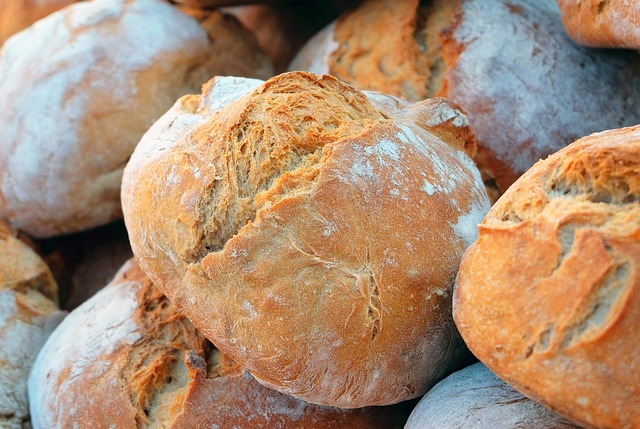Kraft Recalls Processed American Cheese Slices Due to Possible Choking Risk
 Manufacturer Kraft Heinz discovered that one of the machines that individually wraps Kraft Singles American processed cheese slices permits thin strips of film to say on the slices even after removal of the wrapper. The food company announced a voluntary recall of more than 83,800 cases these slices. It’s believed the strips of film that stays on the cheeses present a potential choking danger or gagging hazard. The director of food safety and testing at Consumer Reports commented that any complicated machine requires adjustments to pieces of the equipment such that if adjustments aren’t right or in alignment with the specs, the machine may not do its job correctly, causing food safety problems. If you were harmed by Kraft processed American cheese slices, call the experienced Chicago-based product liability attorneys of Moll Law Group about the possibility of bringing a claim.
Manufacturer Kraft Heinz discovered that one of the machines that individually wraps Kraft Singles American processed cheese slices permits thin strips of film to say on the slices even after removal of the wrapper. The food company announced a voluntary recall of more than 83,800 cases these slices. It’s believed the strips of film that stays on the cheeses present a potential choking danger or gagging hazard. The director of food safety and testing at Consumer Reports commented that any complicated machine requires adjustments to pieces of the equipment such that if adjustments aren’t right or in alignment with the specs, the machine may not do its job correctly, causing food safety problems. If you were harmed by Kraft processed American cheese slices, call the experienced Chicago-based product liability attorneys of Moll Law Group about the possibility of bringing a claim.
Contact Moll Law Group About Your Claim
Several customer complaints about finding plastic stuck to a slice, and 6 consumers’ complaints of choking and gagging as a result of this, led to the company investigating. No reports of injuries or serious health problems were made. The recall affects 16-ounce Kraft Singles American Pasteurized Prepared Cheese products. Their use-by date falls between Jan. 10, 2024, and Jan. 27, 2024. The recall also affects 3-pound multipacks of 72-count Kraft Singles American Pasteurized Prepared Cheese Product that have a best by date of January 9, 2024 – January 16, 2024.
The manufacturer has said that it repaired the wrapping machine and inspected the other machines that process the cheese. Consumer who bought recalled slices can return them to the store where they bought them for a refund or exchange.
 Illinois Injury and Mass Tort Lawyer Blog
Illinois Injury and Mass Tort Lawyer Blog


 Recently, a food additives
Recently, a food additives